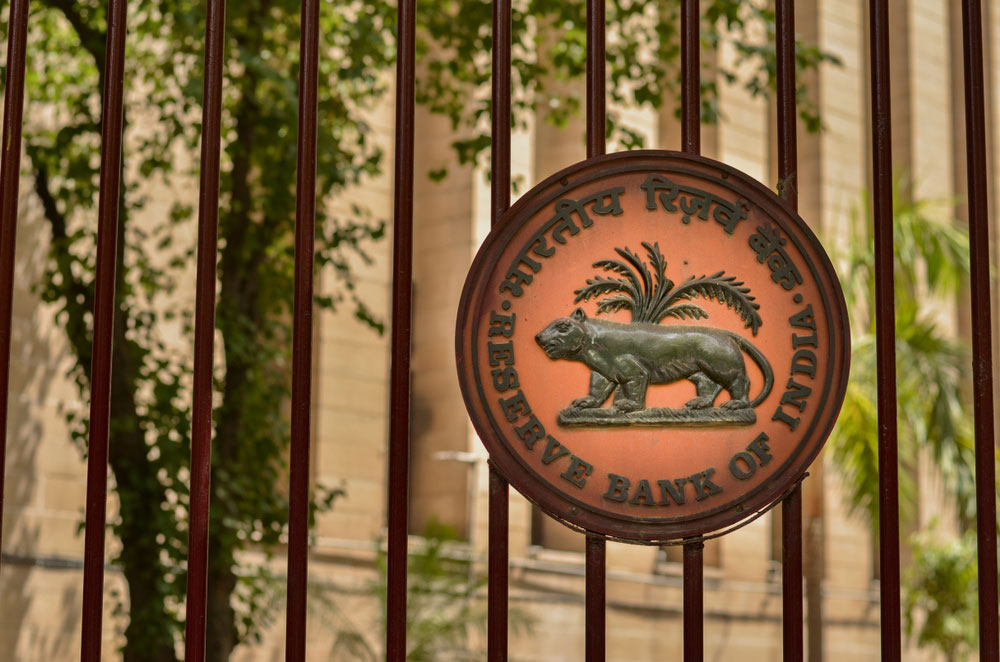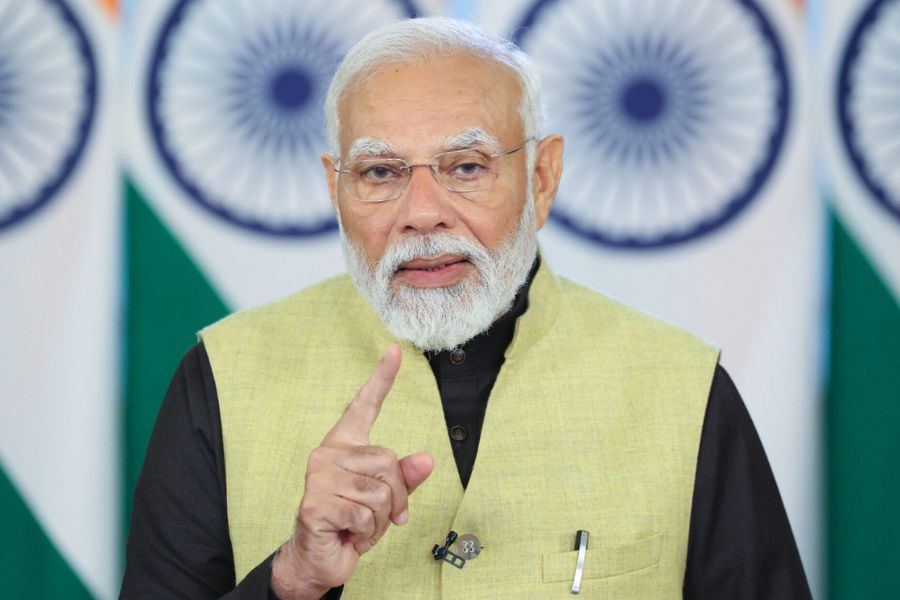Former RBI governor C. Rangarajan has said the Reserve Bank alone can not contain inflation as supply side shocks are needed to be managed by the government.
In a paper titled 'The New Monetary Policy Framework What it Means', Rangarajan talked about the limitations of the RBI's monetary policy in containing inflation.
'The inflation mandate as already mentioned must provide for a range and a time frame for adjustment which should not be too short. Nevertheless, monetary policy must act irrespective of what triggered inflation. Obviously, supply-side management is needed in situations of supply stock and that should be the responsibility of the government,' he said.
Rangarajan said the adoption of inflation targeting by India has given rise to many doubts and concerns.
The new monetary policy framework requires the Reserve Bank of India to maintain consumer price inflation at 4 per cent with a margin of +1 or 2 per cent.
'Thus in a sense, it is flexible targeting. The amendment to RBI Act also provides for the setting of a Monetary Policy Committee which will determine the policy interest rate in order to abide by the inflation mandates,' he said.
The focus on inflation targeting by monetary authorities hardly mean a neglect of other objectives such as growth and financial stability, he noted.
'Does the focus on inflation targeting by monetary authorities mean a neglect of other objectives such as growth and financial stability? Hardly so.
'What inflation targeting demands is that when inflation goes beyond the comfort zone, the exclusive concern of monetary policy must be to bring it back to the target level. When inflation is within the comfort zone, authorities can look to other objectives,' the former RBI governor said.
The monetary policy framework adopted by India and many other countries is correctly described as 'flexible inflation targeting'.
'This flexibility is extremely important because it emphasizes the uncertainties against which central bank have to operate,' Ranagarajan noted.
The government had in 2016 constituted monetary policy committee (MPC) to set the benchmark interest rate.
The MPC is headed by the RBI governor. Of the six members, three are nominated by the government, while the remaining three are from the RBI (including the Governor).
The committee takes decisions based on majority vote. Each member has one vote but the RBI governor has a casting vote in case of a tie.











